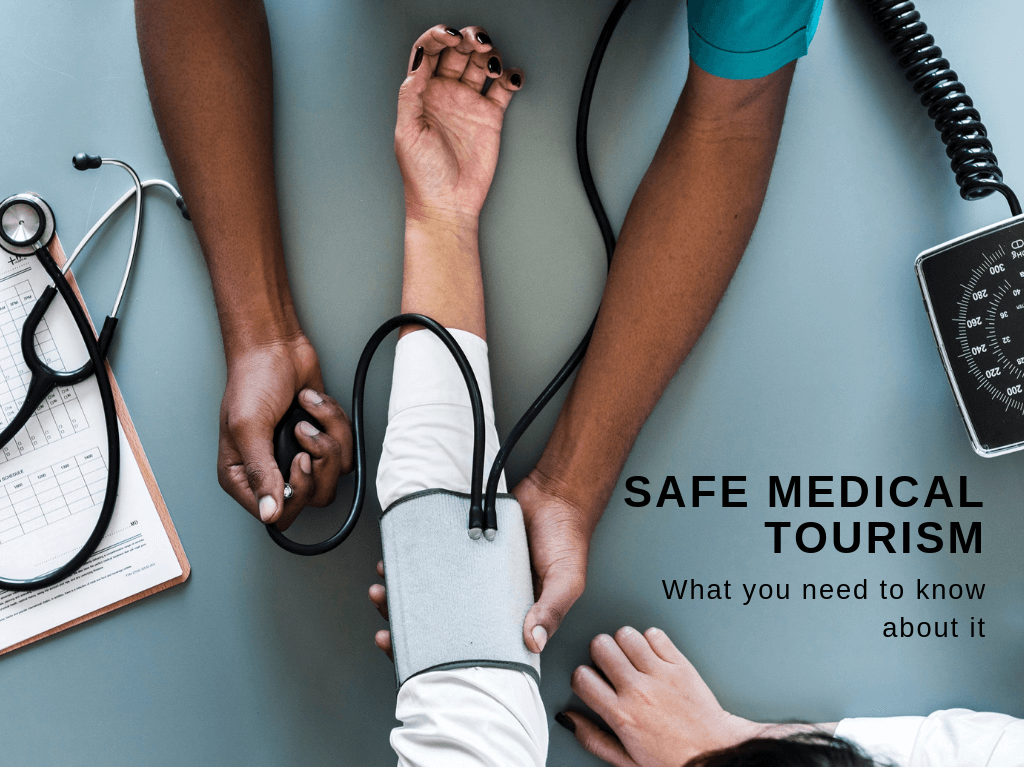At first blush, Medical tourism seems like a good idea. Travel to Thailand, UAE, or Germany – and while exploring the culture, food, wines and shops, make a stop at a local hospital for a tummy tuck, a kidney transplant or a hip replacement.
Medical tourists frequently cross international borders for healthcare.
Treatments can include (but are not limited to) dental, neurological, and cardiovascular medical aide.
People are willing to travel for health maintenance, enhancement, or restoration away from their home country in order to have work done through much more affordable healthcare facilities elsewhere.
What is Medical Tourism?
Medical tourism (also known as health tourism, medical outsourcing or medical travel) is defined as organized travel across international borders to access medical treatment which may or may not be available in the travelers’ home country. Medical tourists frequently cross international borders for the maintenance, enhancement or restoration of their health through affordable healthcare facilities and treatments and can include (but not limited to) dental, neurological, and cardiovascular treatments.
Travel with a purpose: Medical tourism
In 2019 the global medical tourism market was valued between US$44.8 billion and US$104.68 billion and is expected to reach US$273.72 billion by 2027.
Tags: Medical tourism
